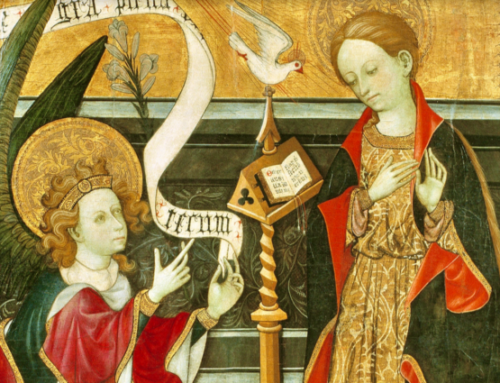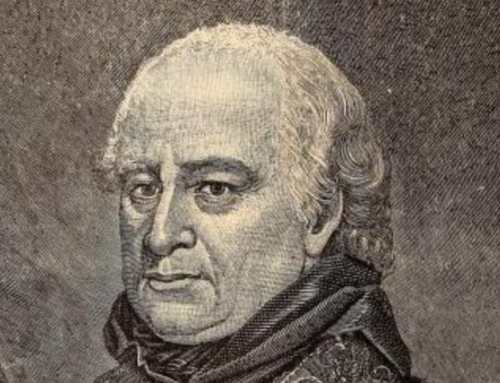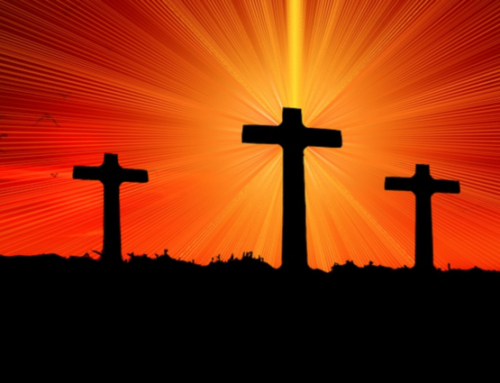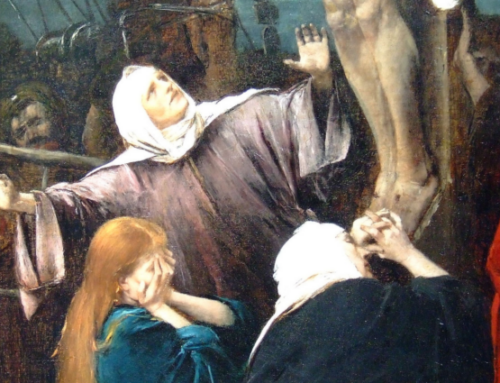On July 19, 1988, Bruce Springsteen played a concert in East Berlin, telling the crowd: “I came to play rock ‘n’ roll for you East Berliners in the hope that one day all the barriers will be torn down.” The program included Bob Dylan’s “Chimes of Freedom.” An East German concertgoer recalled: “What I got that night was a glimpse of freedom. I will never forget!”
 In 1988, the Cold War seemed to be far from over. Though Mikhail Gorbachev had come to power in the Soviet Union three years earlier and had signed a major arms reduction treaty with U.S. President Ronald Reagan, the Iron Curtain continued to divide Europe between west and east, and seemed to most observers as impenetrable, as permanent, as ever.
In 1988, the Cold War seemed to be far from over. Though Mikhail Gorbachev had come to power in the Soviet Union three years earlier and had signed a major arms reduction treaty with U.S. President Ronald Reagan, the Iron Curtain continued to divide Europe between west and east, and seemed to most observers as impenetrable, as permanent, as ever.
In his visit to West Berlin in June of 1987, President Reagan had delivered a speech within sight of the Wall that divided the city, urging Mikhail Gorbachev to “tear down this wall.” It was a defining moment in the Cold War, though its significance to the East German people–many of whom later cited Reagan’s words as inspiration–went unappreciated in the West at the time. As The Guardian reports:
Some 45,000 Berliners witnessed Reagan’s wall speech, compared to the 450,000 people who attended John F Kennedy’s “Ich bin ein Berliner” speech in 1963 – in other western parts of the city, there were demonstrations against the US president’s visit. Coverage of the event was only published in the back pages of the major international papers. German weekly Die Zeit did not even quote his request to Gorbachev.
As East German youth began to clamor for more freedom, the communist government became nervous. Rock concerts in West Berlin within earshot of those on the east side had nearly sparked riots in 1987 and early 1988, compelling East German police to use clubs and stun guns to keep the crowds away from the Wall. Soon afterwards, the East German government decided to allow a request by rocker Bruce Springsteen, who had achieved worldwide superstardom with the release of his album Born in the U.S.A. in 1984, to perform in the city. Unlike other bands who had asked for money, Mr. Springsteen offered to play without compensation.
Thus Mr. Springsteen and his E Street Band traveled to East Berlin in July 1988 to play a concert for Germans trapped behind the Iron Curtain. The East German government issued 160,000 tickets for the outdoor event, held in the middle of East Berlin, a safe distance from the Wall. But the crowds swarmed the park where the concert was held, and East German police were forced to allow everyone past the barricades. Estimates of the size of the audience for the concert range from 300,000 to half a million people. East German punk rocker Ronald Galenza, who attended the concert, recalled: “It was really unbelievable. He came onto the stage and for us really it was a shock…some people really cried because they were there and listening to him.”
Mr. Springsteen, wearing a large Christian cross around his neck, began the concert with the anthem-like “Badlands,” which seemed to send a message to the oppressed East Berliners:
Badlands, you gotta live it everyday
Let the broken hearts stand
As the price you’ve gotta pay
Keep pushin’ till it’s understood
These Badlands start treating us good
The ninth song of the evening was another Springsteen classic from a decade earlier, “The Promised Land,” and again its music and words seemed to speak directly to this audience:
Gonna be a twister to blow everything down
That ain’t got the faith to stand its ground
Blow away the dreams that tear you apart
Blow away the dreams that break your heart
Blow away the lies that leave you nothing but lost and brokenhearted
Mr. Springsteen had been angered when he learned on his way to the concert that the East German government had billed his show as the “Concert for Nicaragua,” in support of the communist Sandinista regime. Just as he had chafed a few years earlier at the attempt of President Reagan to co-opt his songs for a political campaign, here he refused to let his music be used by the East German authorities to promote their ideology. Riding in the rear of a car provided by the East Germans, Mr. Springsteen dashed off a short speech, which he had his German driver translate and spell out phonetically. Halfway through the concert, immediately following a performance of his hit song, Born in the U.S.A., Mr. Springsteen pulled out the piece of paper on which his driver had scribbled, and told the audience in its native tongue:
“I want to tell you I’m not here for or against any government
I came to play rock ‘n’ roll for you East Berliners
in the hope that one day all the barriers will be torn down.”
He then launched into a cover of Bob Dylan’s song, “Chimes of Freedom,” which explicitly calls for hope in the face of oppression:
As majestic bells of bolts struck shadows in the sounds
Seeming to be the chimes of freedom flashing
Flashing for the warriors whose strength is not to fight
Flashing for the refugees on the unarmed road of flight
An’ for each an’ ev’ry underdog soldier in the night
An’ we gazed upon the chimes of freedom flashing….In the city’s melted furnace, unexpectedly we watched
With faces hidden while the walls were tightening…Well tollin’ for the searching ones on this speechless secret trail
For the lonesome haunted lovers with too personal a tale
And for each young heart for each channeled soul misplaced inside a jail
Yeah we gazed upon the chimes of freedom flashin’
One can only imagine the nervousness of the East German authorities, as they listened to Mr. Springsteen’s incendiary speech, sandwiched between the rocker leading their oppressed people in chants of the refrain “Born in the U.S.A.,” and his singing Mr. Dylan’s plaintive call for freedom. Mr. Springsteen’s message was clear.
The concert lasted an astounding four hours and was broadcast on East German television. It later seemed that everyone in the country had either attended the event or watched it on TV. American journalist Eric Kirschbaum, who after the reunification of Germany researched the files of the East German police, the Stasi, and who interviewed dozens of people who attended the concert, wrote a book about the event. His assessment of the impact of the Springsteen concert: “It was one piece of the puzzle. I’d define this concert as one where minds were opened.” Some East Germans made even greater claims for the July 19th event. “It was the most incredible thing that ever happened in East Germany,” a German taxi driver would recall. “I paid a lousy 19.95 East-Marks for my ticket,” another East German wrote, “but what I really bought and got was a glimpse of freedom. I smelled the American spirit that night. I will never forget!”
Less than sixteenth months later, the Berlin Wall would fall, an act which was primarily the act of the long-suffering people of East Germany, but whose courage was stoked by the words and actions of many others, including John F. Kennedy, Ronald Reagan and, yes, Bruce Springsteen.
The Imaginative Conservative applies the principle of appreciation to the discussion of culture and politics as we approach dialogue with magnanimity rather than with mere civility. Will you help us remain a refreshing oasis in the increasingly contentious arena of modern discourse? Please consider donating now.
The featured image of Bruce Springsteen performing on the Tunnel of Love Express Tour at the Radrennbahn Weißensee in East Berlin on July 19, 1988. Attribution: Bundesarchiv, Bild 183-1988-0719-38 / Uhlemann, Thomas. This file is licensed under the Creative Commons Attribution-Share Alike 3.0 Germany and appears here courtesy of Wikimedia Commons.







Wow! I lived through those times, and never heard of this act by Bruce Springsteen! Now I can admire him as I never had before!
“Just as he had chafed a few years earlier at the attempt of President Reagan to co-opt his songs for a political campaign”
I remember this spat from the mid-1980’s, and quite frankly it always annoyed me. It made Springsteen sound like your typical stuck up left wing elitist snob. Why *shouldn’t* Reagan have interpreted the song as he saw fit? Especially since much of the words to the song seemed to make America look like the villain in Vietnam?